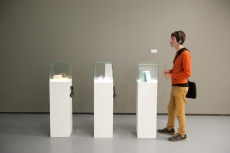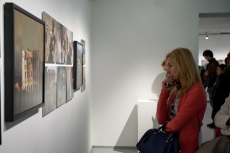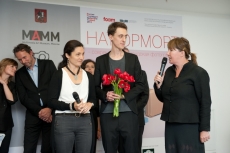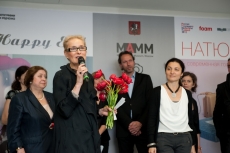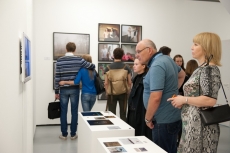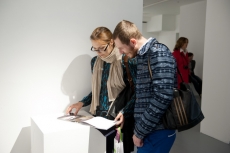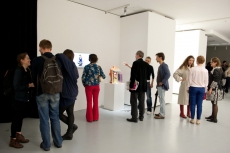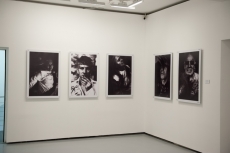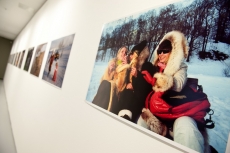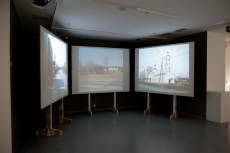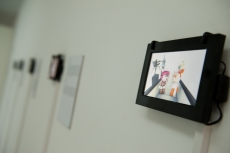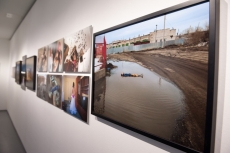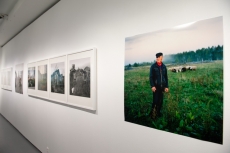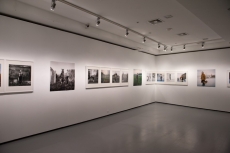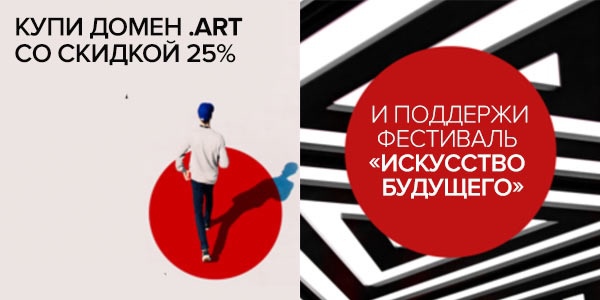The Happy End
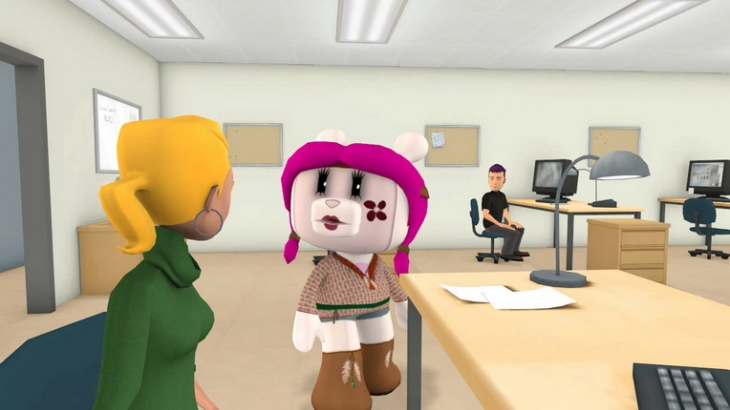
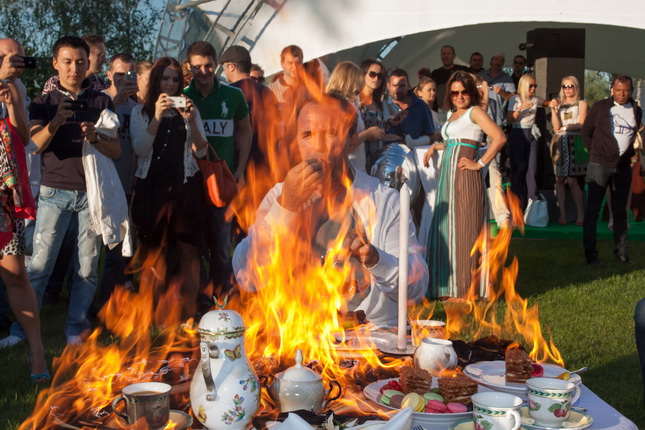
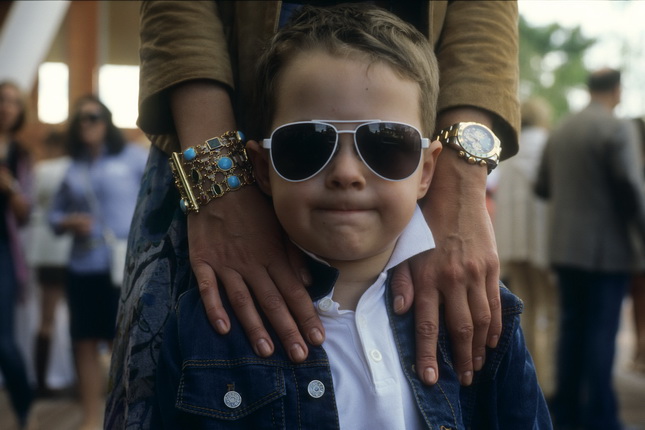
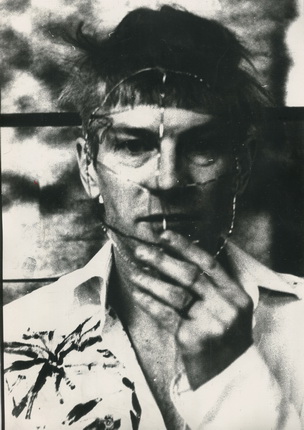
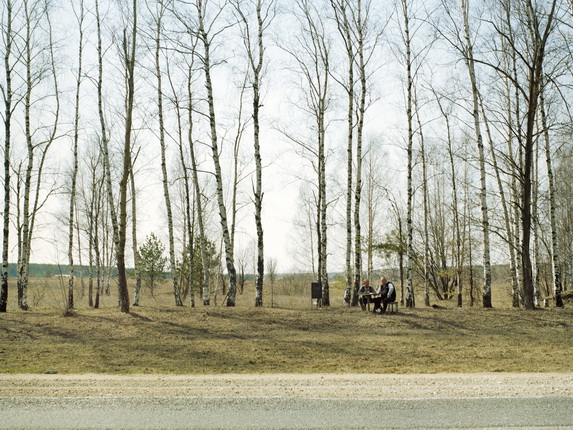
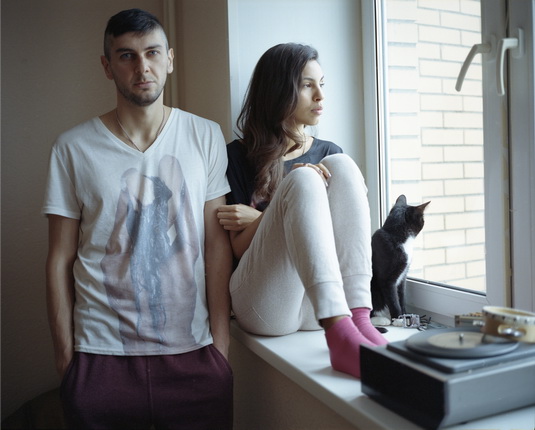
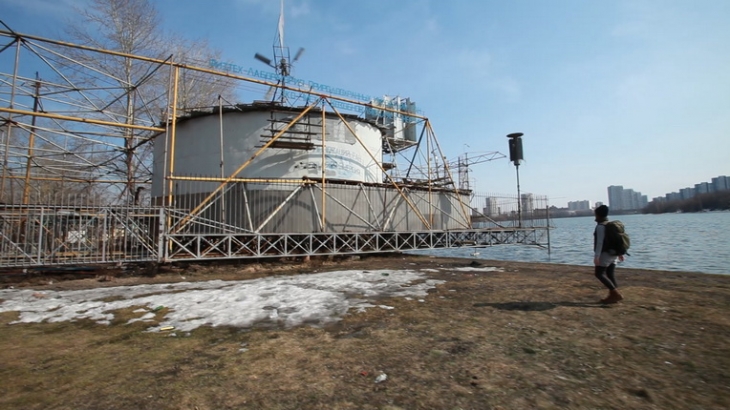
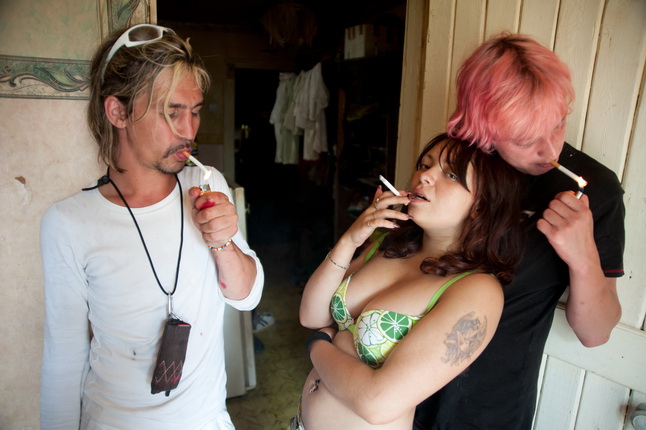
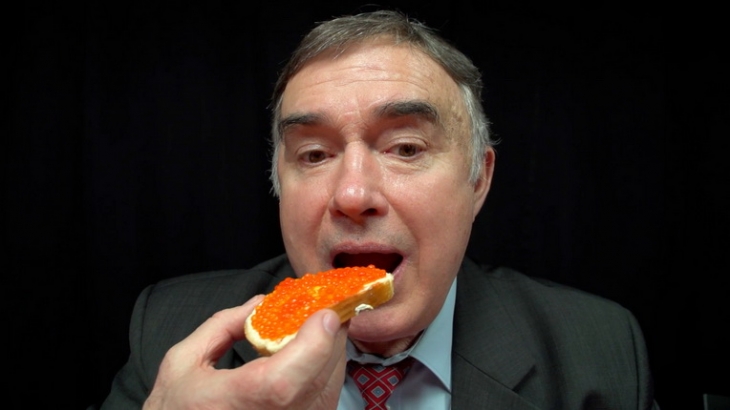
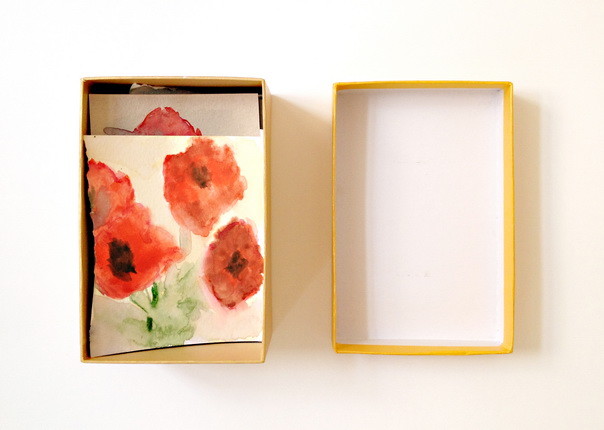
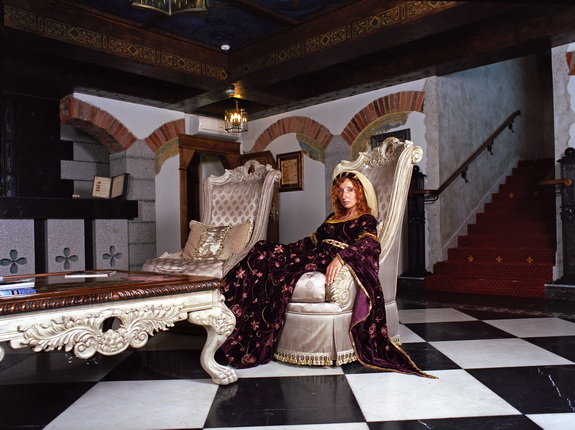
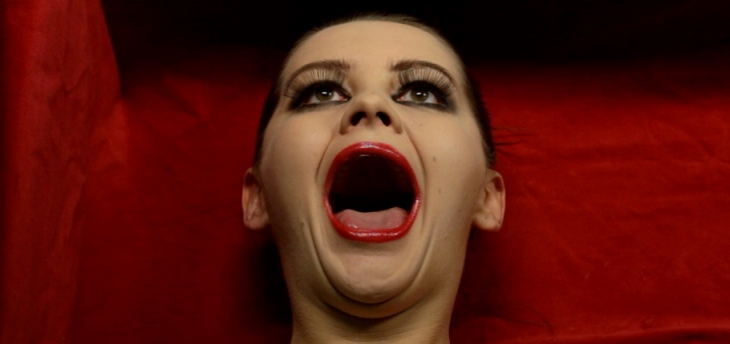
Antonina Baever. Diploma. 2013. Animation, video. Author’s collection
Nikita Shokhov. RUBLEVKA. Moscow, 2012-2013. Digital print. Author’s collection
Nikita Shokhov. RUBLEVKA. Moscow, 2012-2013. Digital print. Author’s collection
Nastya Kaletkina. Person of seconds. Saint-Petersburg, Moscow, 2013. Laserprint from hand-prints. Author’s collection
Alla Afonina. С15E. 2013. Mixed media. Author’s collection
Anna Kabisova. The sense of Motherland. Moscow, Vladikavkaz, 2012-2013. Digital print. Author’s collection
Elena Koptyaeva. Wave length. 2013. HD Video, stereo sound. Author’s collection
Igor Samolet. From the series ‘Be happy!’ Town K., 2012-2013. Digital print, book. Author’s collection
Elena Artemenko. The Tale of the reproduction of banality. 2013. HD video, 17’40’’. Author’s collection
Liudmila Anoshenkova. Three stories. 2013. Art installation with objects and sound, mixed media. Author’s collection
Vera Laponkina. «Ozerikta», Kaliningrad region, 2012-2013. Digital print, book. Author’s collection
Nadia Grishina. No-go mashine. 2012-2013. Video, 8 min. Author’s collection
Moscow, 24.05.2013—16.06.2013
exhibition is over
Share with friends
The Rodchenko Moscow School of Photography and Multimedia graduates' 2013 exhibition
For the press
The Rodchenko Moscow School of Photography and Multimedia at the Multimedia Art Museum, for a fourth time, is presenting works by its graduates. The exhibition will sum up their three years of study at the Rodchenko School, and we hope that it will provide a cross-section of a new generation. The works created under the direction of the School’s teachers — Yekaterina Degot, Alexander Evangali, Roman Minayev, Igor Mukhin, Kirill Preobrazhensky, David Riff, Anastasia Khoroshilova, Aristarkh Chernyshev and Alexei Shulgin — give us a conception of the sphere of interests and problems that interest this new generation of artists.
Modern art to a large extent is the art of placing the full stops, the art of designating the finale and at the same time, unhesitatingly, asking a question about the very concept of the finale. In modern society, which is bereft of any historical memory, the finale or «the ending» is perceived as a totalistic, obtrusive condition, so working in art today means operation in conditions where the processes of amnesia are underway, and experiencing, like micro-strokes, finales of various levels of seriousness. In the history of American cinema, the «happy end» is an ethical requirement that is directly linked to the political and economic situation that accompanies it — in the era of economic crisis and the Great Depression, the «happy end» was seen as a social commission or the demand of the day.
For young artists, to a large extent raised on video and on film in general, a «happy end» is a transitional condition between illusion and reality, almost a mission impossible — to live through a finale and «say something after everything.» «The Happy End» as a title for this diploma exhibition of the students of the Rodchenko School expresses a positive element, with a trace of melancholy or doubt — in any event, there is a question mark hanging over the «happiness.» At the same time, the diploma works presented at the exhibition can be seen as both the end result of the educational process and as a reaction to it. In this sense, many of their qualities, from their formal characteristics to the different aspects of their content, tell us about the context in which they were created, where again the finale, like fate, overshadows the frail figure of the artist.
The Happy End, rather than the conclusion of a certain phase, is in fact a hope for a new beginning.
The participants in the diploma exhibition are 21 graduates from the Rodchenko School of Photography and Multimedia: Yekaterina Anokhina, Ludmila Anoshenkova, Yelena Artemenko, Alla Afonina, Antonina Bayever, Yevgeny Granilshchikov, Nadezhda Grishina, Svetlana Yerkovich, Yekaterina Yefimova, Anna Kabisova, Anastasia Каletkina, Andrei Kachalyan, Vasily Klenov, Yelena Koptyayeva, Alexei Korsy, Vera Laponkina, Olga Matveyeva, Igor Popov, Sofia Tatarinova, Alexandra Toshchevikova, Nikita Shokhov.
With the support of


